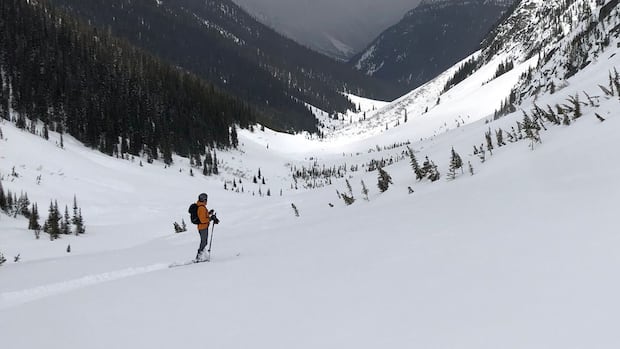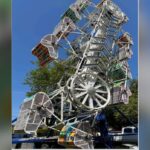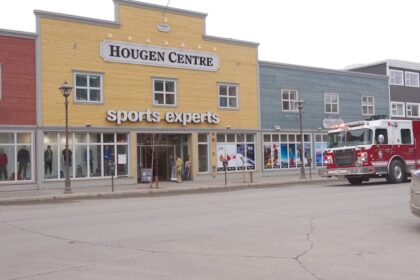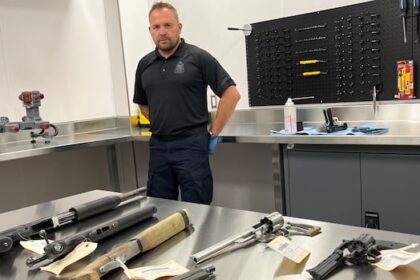British Columbia·NewParks Canada has expanded its backcountry winter permit system in Glacier National Park, to ensure avalanche control can be carried out swiftly and safely. Permit needed to prevent interference with avalanche control work, officials sayJacqueline Gelineau · CBC News · Posted: Nov 12, 2025 8:00 PM EST | Last Updated: 29 minutes agoListen to this articleEstimated 3 minutesThe audio version of this article is generated by text-to-speech, a technology based on artificial intelligence.A skier is seen in the Rogers Pass area of Glacier National Park in southeast B.C. Starting this winter, backcountry permits will be required to access this spot. (Submitted by Liam Pearce)Parks Canada has expanded its backcountry winter permit system in Glacier National Park, to ensure avalanche control can be carried out swiftly and safely. Beginning Nov. 15, all people wanting to access the backcountry of Rogers Pass in the 2025-26 season will require a permit. A permit system for winter use has been in place since the ’90s, but some unrestricted areas were previously excluded and could be accessed without a pass.However, in the past few years, Parks Canada has had issues with non-compliance, said Shelly Bird, the visitor experience manager for Mount Revelstoke and Glacier National Parks.In the past, when people could access the unrestricted areas without a permit, they would sometimes venture further — skiing, sledding, hiking — into the restricted areas, Bird said.Parks Canada and the Canadian Armed Forces operate the largest mobile avalanche control program in the world in the Glacier National Park corridor, she added.Shelly Bird from Parks Canada says a permit system was needed to ensure vital avalanche control work could proceed. (CBC)“If we suspect that there’s people in an area when we need to do avalanche control, it can prevent us from doing timely avalanche control, which puts motorists on the highway at risk,” Bird said.Further, postponing avalanche blasting and mitigation may force Parks Canada to keep the highway closed for longer than necessary, she said.“[It’s] a huge hit to the economy as well as an inconvenience.” A webcam shows a snow level measuring device at Glacier National Park in southeast B.C. on Nov. 12, 2025. (Parks Canada)Sneaking into the backcountry without a permit is considered a contravention of the National Parks Act, and can result in a fine of $25,000, Bird said. Association hopes for adoptionAdrian Bostock, a director with the Shuswap-based Gorge Ski Touring Association and the Shuswap Trail Alliance — which advocates for safe, non-motorized winter recreation in the Gorge Creek area — said getting a permit to ski Rogers Pass is not a big deal. “It does take a little bit of reading and some time to do, but, it’s not that onerous,” Bostock said.Adrian Bostock is a member of the Shuswap-based Gorge Ski Touring Association – which advocates for non-motorized winter recreation in the Gorge Creek area. (Submitted by Adrian Bostock)To apply for either a day or annual pass, adventurers must score 100 per cent on an online quiz.Then, proof of the completed quiz is submitted online, as part of the annual pass application. Passes are also available in-person upon the completion of the quiz, at the Parks Canada visitor station. Applications for annual passes can take a few days to a week to be authorized so people are encouraged to apply in advance of their trip. Day passes are available in-person, on the day of the planned trip, at the national park’s temporary visitor center called Summit Station.“I think this permit system is a good thing and, hopefully, very well adopted,” said Bostock.ABOUT THE AUTHORJacqueline Gelineau is a CBC journalist based in Salmon Arm. She can be reached at jacqueline.gelineau@cbc.ca.
All backcountry users require a permit in B.C.’s Glacier National Park this winter











